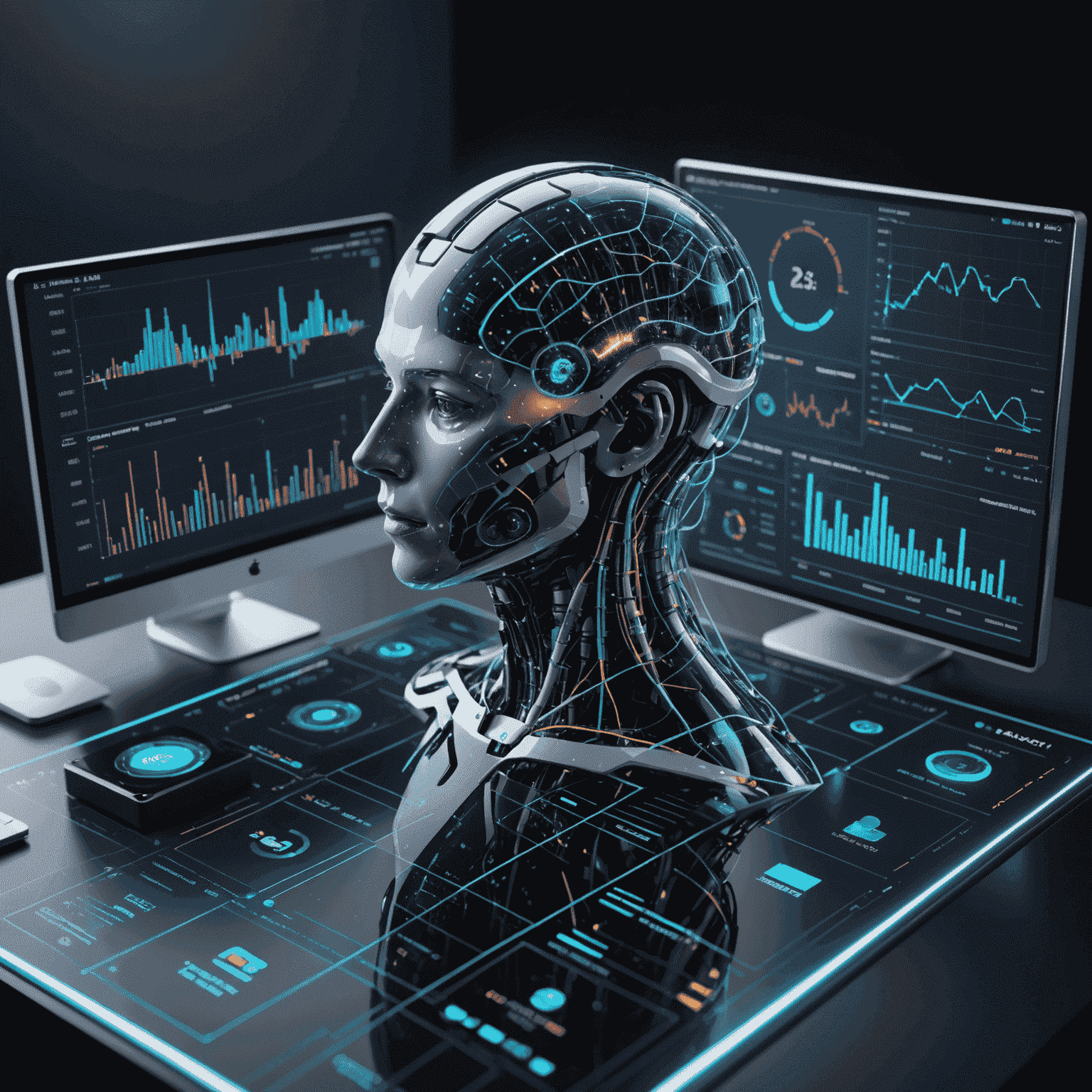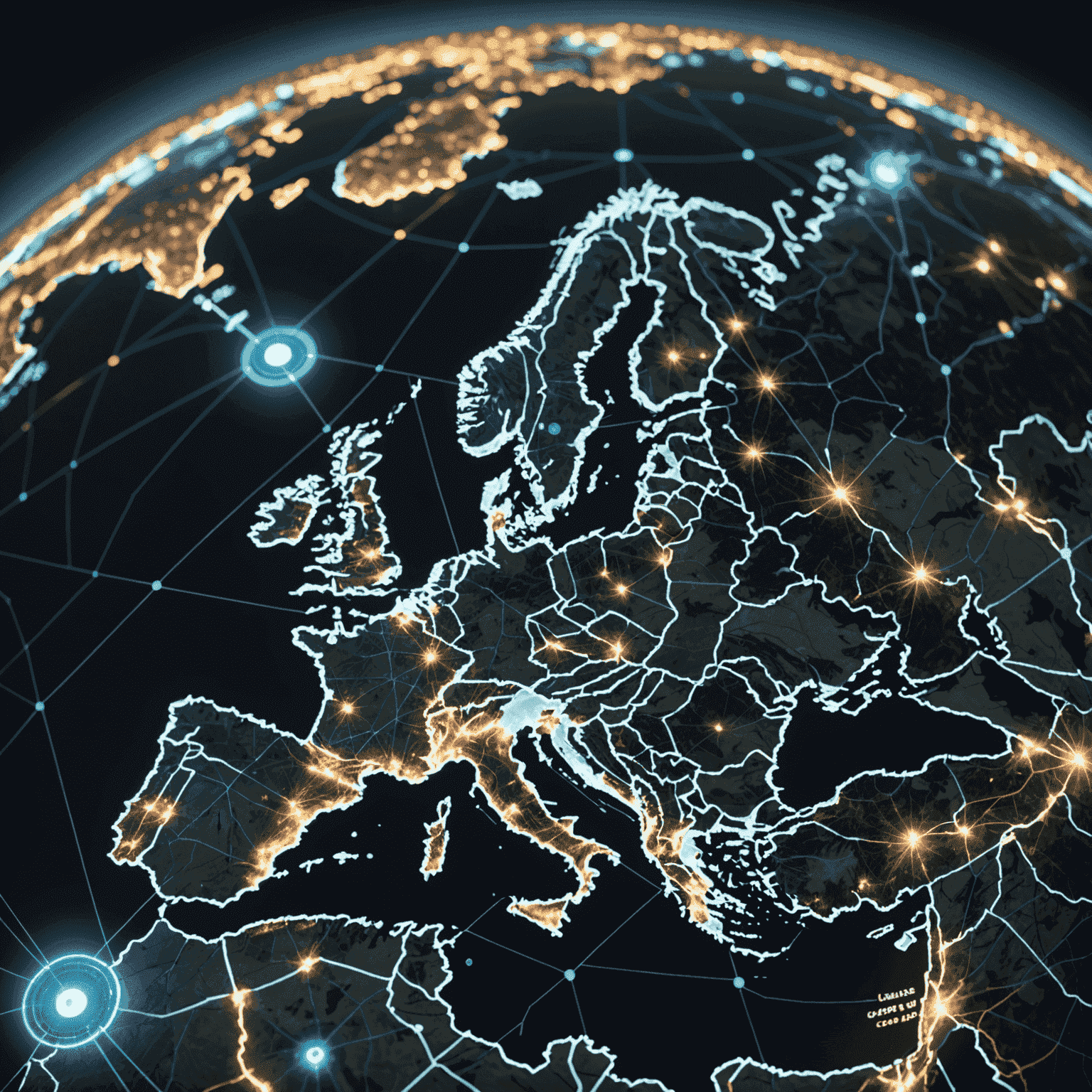The Future of AI in London's Financial District

In the heart of London's bustling financial district, a revolution is quietly unfolding. Artificial Intelligence (AI) is reshaping the landscape of trading, promising to transform the way financial decisions are made and executed. This article delves into the cutting-edge developments and their far-reaching implications for global finance.
The Rise of AI-Driven Trading
AI trading algorithms are becoming increasingly sophisticated, capable of analyzing vast amounts of data in milliseconds. These systems can identify patterns and trends that human traders might miss, leading to more informed and potentially more profitable trading decisions.
Machine Learning and Predictive Analytics
Machine learning models are being employed to predict market movements with unprecedented accuracy. By continuously learning from new data, these systems adapt to changing market conditions, potentially outperforming traditional forecasting methods.

High-Frequency Trading Evolution
AI is taking high-frequency trading to new levels. Advanced algorithms can now execute trades in nanoseconds, capitalizing on minute price discrepancies across global markets. This has led to increased liquidity but also raises questions about market fairness and stability.
Risk Management and Compliance
AI systems are revolutionizing risk management in London's financial sector. These tools can monitor transactions in real-time, flagging potential compliance issues and detecting fraudulent activities with greater accuracy than ever before.
The Human Element in AI Trading
While AI is transforming trading, human expertise remains crucial. The most successful firms in London are those that effectively combine AI capabilities with human insight, creating a symbiotic relationship between technology and human judgment.
Global Implications
As London's financial district leads the way in AI trading adoption, the ripple effects are felt worldwide. This technological revolution is reshaping global financial markets, potentially altering the balance of power in international finance.

Challenges and Ethical Considerations
The rise of AI in trading also brings challenges. Questions of algorithmic bias, the potential for flash crashes, and the need for robust regulatory frameworks are at the forefront of discussions among London's financial leaders and policymakers.
Conclusion
As AI continues to evolve, its impact on London's financial district and global trading will only grow. The future of finance is being written now, with artificial intelligence as the pen. Those who adapt and innovate will be best positioned to thrive in this new era of AI-driven trading.